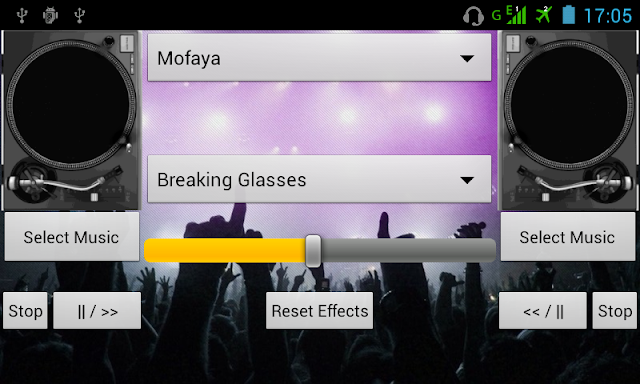The top android developers were awarded as follows;
Platinum Winner
Mission Impossible, an android
game where Kenyan elite
squad protect their land from
invading aliens. One is given a
chance to join the recce squad
and help end the invasion. It
was developed by George
Gathoni.
The winner will walk away with
cash amounting to KSh.300,
000 and an android phone.
Gold winner
Followapp, by Stephen Mbuvi,
which is a finance
management app that helps
one keep contacts of debtors
and creditors alongside the
amount of money owed.
Additionally, one can keep
track of their bills and help
them make payments in time.
Also, one can capture
important contacts of people
they’d like to keep in touch
with and store additional notes
alongside the contacts as well
as a digital version of their
business cards.
The winner will take home
KSh.200, 000 and an Android
phone.
Silver winner
TronRacer app, developed by
Stephen Kimani.
Tron was a
movie in 2010 by Disney about
a programmer that gets sucked
into his computer and its
electronic world. The film was
centered on a game where the
players had to cut each other
off using motor bikes that left a
line behind them. It’s both a
racer and mind game.
The winner will bag KSh.150,
000 and an Android phone.
Bronze winners
Mbwa Wetu, an educational
app dedicated to informing and
giving people highlights about
Dogs, by Simeon Obwogo.
Solitaire, developed by Karanja
Kiniaru. It is a card game
played with a pack of 52 cards
that come in 4 suits with 2
colors, spades (black),
diamonds (red) and clubs
(black).
Accounts Tracker, which
allows users to keep track of
current balance in different
bank accounts held by the user
and the transactions of those
accounts. It was developed by
Josphat Karuiri.
Each of the bronze winners will
get one Tecno Android phone.
This will be the second time
Zalego and Tecno will be
coming together to reward top
developers since their first
coming together in 2013 during
the Tecno Afmobi Challenge.
The partnership between the
two companies has seen
android developers get training
in development of mobile
applications for free. The App
Challenge is aimed at
motivating and rewarding
excellent Kenyan android
developers.








